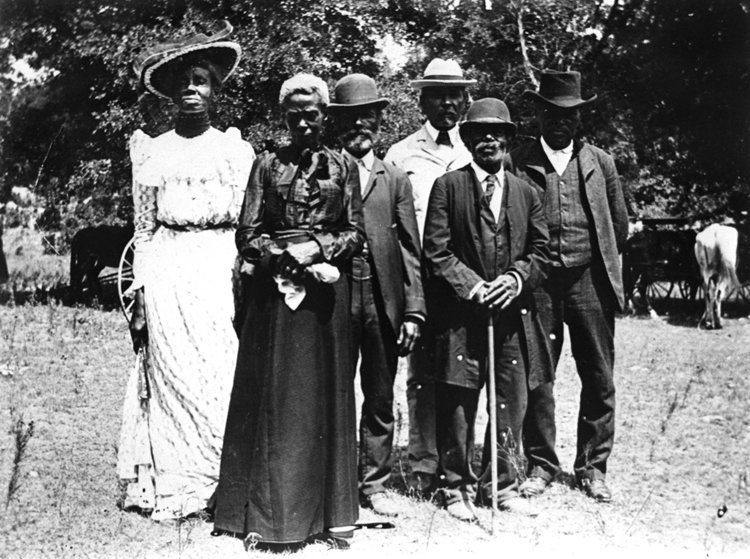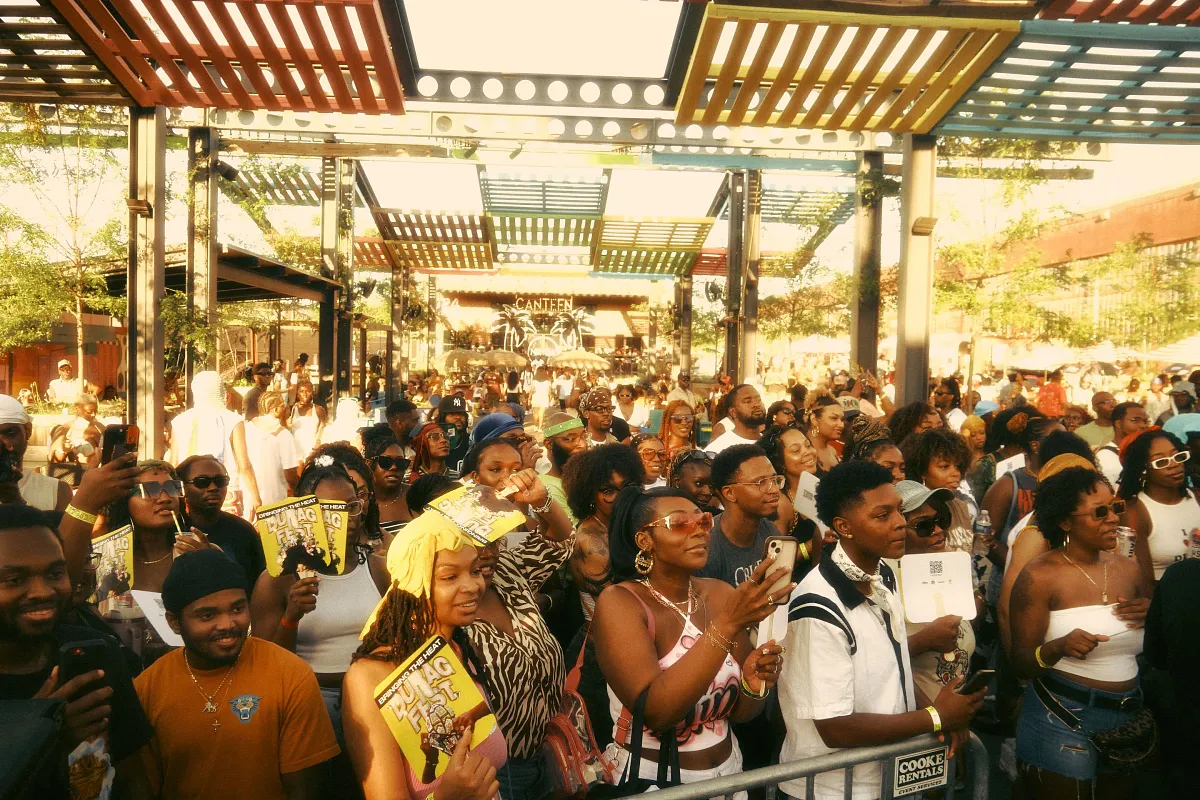Juneteenth commemorates the ending of slavery in the United States. This federal holiday, first observed on June 19, 2021, originated in Galveston, Texas, in 1865, commemorates the Emancipation Proclamation and symbolizes the celebration of freedom from centuries of enslavement.
Juneteenth serves as a powerful symbol of the freedom of enslaved Blacks, widely celebrated through various festivities and events. While blacks may be physically free, the African American community still has a significant journey ahead to achieve true freedom. This freedom, in my opinion, follows the consequences of the Emancipation Proclamation. After the African American community explored their desire for true freedom, white supremacists imposed barriers that prevented them from achieving it. White supremacists established rules to disenfranchise and stain the Black community through Jim Crow segregation laws, racial injustice, poverty, housing disparity, limited resources, impoverished neighborhoods, etc.
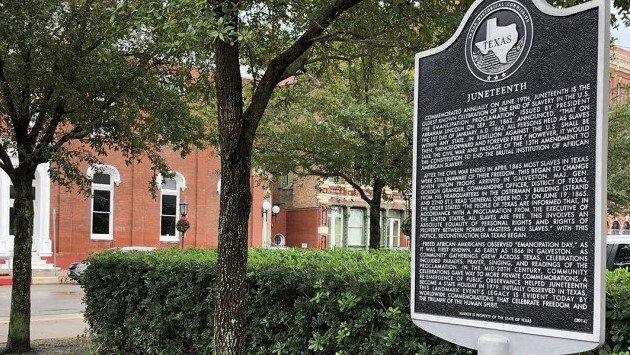
As a mental health professional, I understand how systematic racism can affect one’s mental health. This time, mental torment hit me differently than like ever before, approximately 3-4 months ago. It was as if I gained a 20/20 vision or a higher sense beyond the sixth sense that put my mind into another dimension in my 10-plus years in this profession, on the mental torment my clients are battling consistently. I witnessed people controlled by the negative mindset that echoes through the pain of the family lineage that they had experienced because of white supremacy.
In my field, I observe the mental struggles of my clients, particularly among my mentally imprisoned Black clients, facing a distorted reality shaped by trauma, grief, institutionalization, rejection, lack of education, limited job opportunities, family dysfunction, broken homes, poverty, mental health issues, etc. The concept of ‘mind control’ significantly impacted by systemic racism can take a toll on an individual’s mental health. This influence is evident in behavioral patterns, thought processes, violence, health concerns, substance & alcohol abuse, and interpersonal interactions.
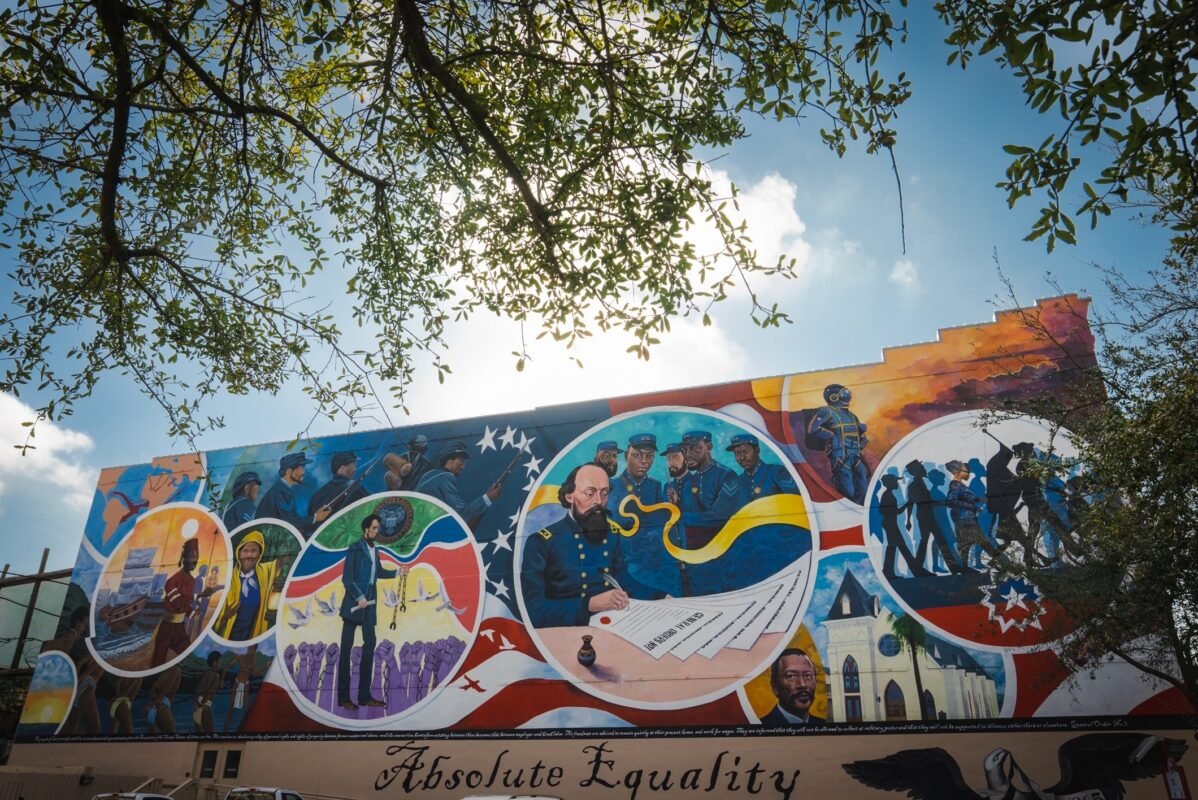
From personal experiences, I observed how the mind control influenced by our ancestors is transmitted through trauma, shaping the knowledge we pass on to our children and future generations. This process can distort our worldview, often preventing individuals from reaching their full potential in this world.
I recognize the influence of these circumstances on an individual’s mental health, particularly those engineered to affect Black minds, leading to a continuous cycle of trauma that persists across generations within Black communities and shapes our interactions with one another. It is essential to recognize the significant influence of historical trauma on the Black community, as this awareness can cultivate more profound empathy and understanding.
The current political climate and efforts to erase Black history, for instance, highlights the ongoing challenges African Americans are still facing to achieve true freedom from systematic racism.
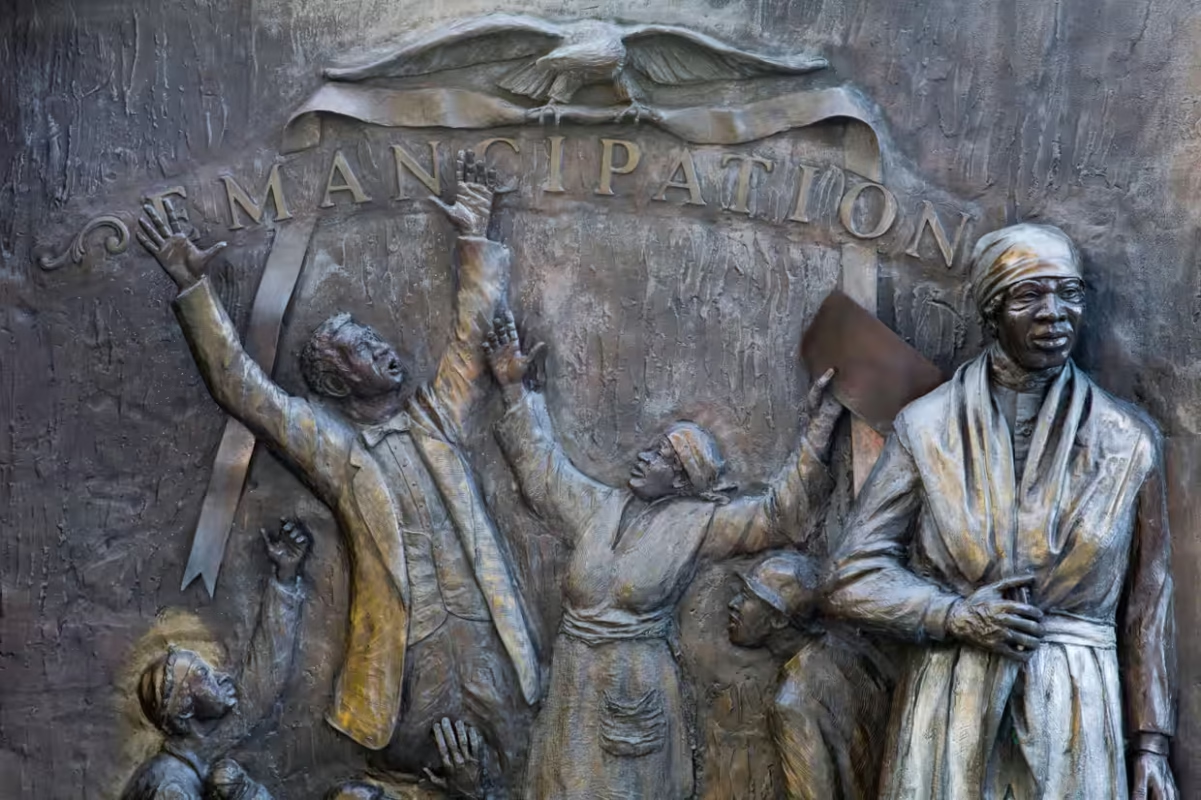
What is the solution? The matter of systemic racism is going to be an ongoing cycle of rebuilding following centuries of confinement. It is uncertain whether this will influence the perspectives of those accountable for the systemic racist structures inherited through their family generations.
It is essential to draw inspiration from the stories of our ancestors, particularly during challenging times, to exemplify the heroes within the Black community. The history of the Greenwood community in Tulsa, Oklahoma, particularly the creation of their own Black Wall Street in 1921, represents a pivotal moment and stands as a testament to their strength and resilience. In response to the devastation caused by white supremacists, generations have found motivation in those narratives, cultivating resiliency through the pursuit of Black wealth and business ownership.
It is essential to examine all possibilities to comprehend our objectives concerning the traumatic effects of this matter within the Black community. Leaders in the community, especially those inspired to make a difference and learn to navigate similar challenges, continue to stay in the race to find ways to contribute to promoting the genuine mental freedom of Black individuals.
Past trauma from systematic racism, if not changed, can impede one’s mindset and progress. It is essential to offer support to others through mentorship, support, and discipleship, enabling them to navigate challenges by turning their pain into purpose and transforming their perspectives.
It will require a group of genuine people who understand the mission and are capable of empathizing with the challenges faced by the Black community to undertake the necessary work to assist a community in distress and bound by circumstances to achieve positive outcomes and raise awareness. Each of us needs to play our role in advancing this solution and promoting the objective of genuine freedom as we commemorate Juneteenth.

